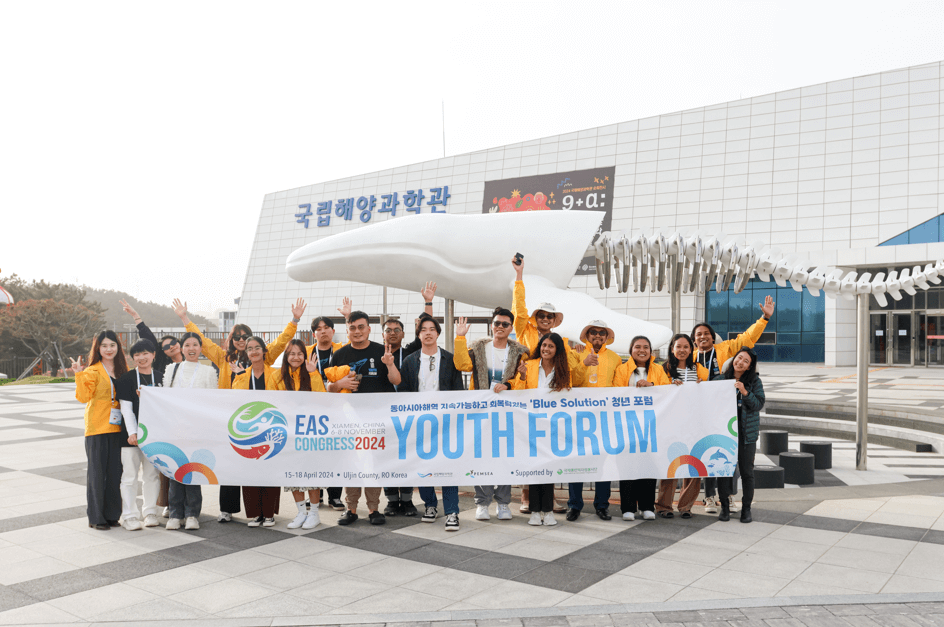Impact of Global Warming in the Northwest Pacific
Tuesday, 12 August 2014

Toyama, Japan — Initiated by NOWPAP and sponsored by the Asia-Pacific Network for Global Change Research (APN), the project, Impacts of Global Warming on Coastal and Marine Ecosystems in the Northwest Pacific, has been completed recently.
Led by Professor Sukgeun Jung from Jeju National University in 2012–2014, experts from PR China, Japan, RO Korea and Russia conducted retrospective analysis of climate and oceanographic data collected during the past 40 years. The experts tried to forecast changes in potential production and habitat ranges of major commercial fish species and also tried to evaluate risks and vulnerabilities, induced by climate change, in fishery-dependent sectors of economy across NOWPAP countries.
The project confirmed that a strong climatically induced ecosystem regime shift has occurred in the NOWPAP region in the late 1980s. The project also found that the habitat ranges of five of the several commercially important fish species examined (Horse mackerel, Pacific sardine, common squid, Spanish mackerel and Yellowtail) will shift 20–70 km poleward between the years of 2000 and 2030. It was concluded that the distribution range of large pelagic species will be more affected by ocean warming compared to small pelagic species.
It is expected that artisanal and coastal fisheries will become less competitive than industrialized fisheries in adapting to possible climate–driven range shifts. Therefore, more attention should be paid to artisanal, small-scale fisheries while developing fisheries policies related to climate change adaptation in the region.



